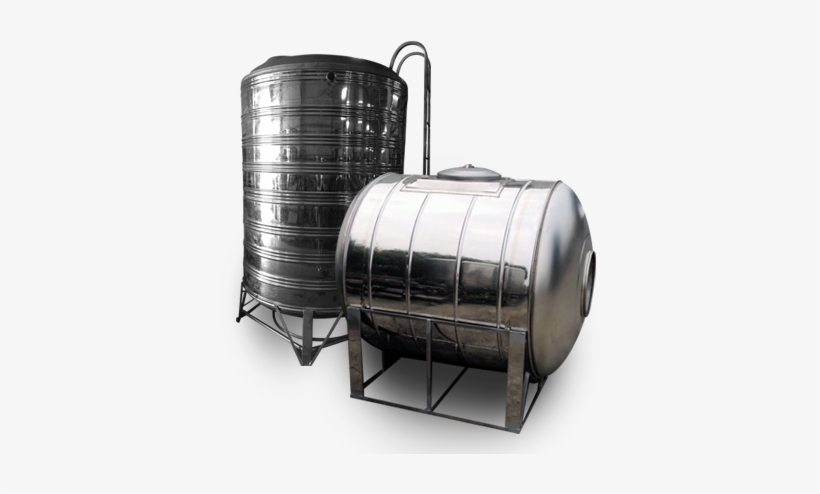Introduction to Stainless Steel Water Tanks
Stainless steel water tanks are highly durable and reliable storage solutions used for storing water in residential, commercial, and industrial applications. Known for their rust-resistant properties and long lifespan, these tanks are increasingly preferred over traditional plastic or concrete tanks.

Key Features of Stainless Steel Water Tanks
Durability: Stainless steel tanks are corrosion-resistant and can withstand harsh environmental conditions, making them ideal for long-term use.
Hygiene: They maintain water purity by preventing algae, bacterial growth, and chemical contamination.
Strength: Stainless steel has excellent mechanical properties, which ensures the tank remains structurally sound for years.
Low Maintenance: These tanks require minimal cleaning and upkeep compared to other materials.
Types of Stainless Steel Used
Stainless steel water tanks are typically made from two main grades:
SS304: Ideal for indoor and moderate environments due to its resistance to oxidizing acids.
SS316: Known for its superior corrosion resistance, especially in coastal or industrial areas with high chloride exposure.
Applications of Stainless Steel Water Tanks
Residential Use: Homes use these tanks for storing clean drinking water.
Commercial Use: Buildings, schools, and hospitals rely on them for consistent water supply.
Industrial Use: Factories and processing plants use stainless steel tanks for storing process water or chemicals.
Agricultural Use: Farms use these tanks for irrigation or livestock watering purposes.
Advantages of Stainless Steel Water Tanks
Longevity: They can last 20 years or more with proper maintenance.
Eco-Friendly: Stainless steel is recyclable, making these tanks environmentally sustainable.
No Taste or Odor: Unlike plastic tanks, stainless steel does not leach any taste or smell into the water.
Fire Resistant: These tanks are safe in areas prone to fire, unlike plastic alternatives.
Installation and Maintenance
Stainless steel water tanks can be installed above or below ground. It's important to place the tank on a flat, stable surface.
Maintenance Tips:
- Clean the tank annually to remove sediment buildup
- Check for leaks or pressure issues
- Ensure the venting system is not blocked
Cost Considerations
While stainless steel tanks are more expensive initially, they offer significant savings in the long term due to their durability and low maintenance requirements. Visit our website https://www.wannengwt.com/ for more details.
Conclusion
Stainless steel water tanks are a smart investment for anyone needing a clean, safe, and long-lasting water storage solution. Their strength, corrosion resistance, and hygienic benefits make them suitable for a wide range of applications, from homes to large industrial setups.